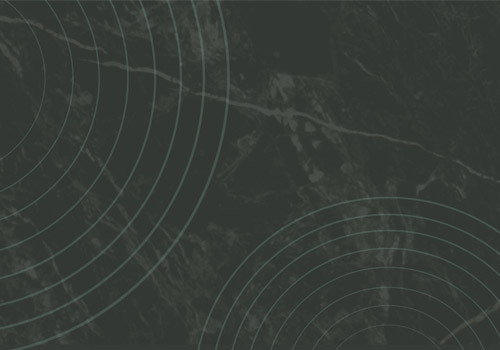Our latest study explores how the decline of Global North hegemony has shifted the geopolitical landscape and opened new possibilities for emergent organisations of the Global South.
This study by The Tricontinental (Vijay Prashad’s institute) was published earlier this year.
I find it is worth a read (or re-read) in order to evaluate the accuracy of our predictions and our current reality given the instability in NATO’s ranks and recent push for WW3.
It covers the historical formation of the form of modern-day imperialism, and their definition of the current stage as one of “Hyper-Imperialism” (a collapse of distinction between subimperialist powers under a completely US-led imperialist bloc against the rest of the world), and a geopolitical-economical definition of the world between the Imperial North (grouped into “rings”, from core to periphery) and the “Rest of the World” South (subdivided into 6 subcategories).
Then it analyses the decline of the “Global North”/“West”, through the cannibalisation/vassalasation of previously independent imperial powers such as Japan or Europe, the waning internal legitimacy of Liberal Democracy, and the stagnantion of the economy for countries in the bloc.
Part V describes the changes to the world order, from a “southward shift” of the global economy, to the imperial policy of trying to isolate and contain China’s economy, finally ending in a growing Imperial push for war as the only recourse remaining in order to retain their hegemony.
The epilogue briefly elaborates on a possible new world order built over multilateral organisations such as BRICS, the SCO and FUNC for the advancement of shared interests of Global South states.
It’s a worthwhile read, and it’s available in English, Spanish, Portuguese, French, Arabic and Chinese, and has a PDF format version for download.
The peaceful rise of the Global South countries, led by Asia and especially China, poses a comprehensive economic challenge to imperialist world dominance. For the first time in 600 years, the Atlantic imperialist powers are confronted with a non-white economic force capable of countering them.
The fault lines of Ukraine and Palestine have exacerbated the polarisation of the social democrats, sections of whom have proven unable to overcome their desire for acceptability and join in a robust movement for peace.
Let us return to the quote from NATO and the EU that they would be ‘protecting our one billion citizens, preserving our freedom and democracy… against all threats’. This sentence, appearing in the first paragraph of the NATO-EU 2023 communiqué, clearly outlines the structure of today’s world: the imperialist camp, centred around the US and based on NATO infrastructure, is fully united and mobilised militarily, politically, and economically, ready to stifle any emerging forces that might pose a threat to their hegemonic status. This unprecedented immense imperialist pressure has forced many in the ‘rest of the world’ (those outside the imperialist camp) to identify alternative structures and identities for self-preservation.



